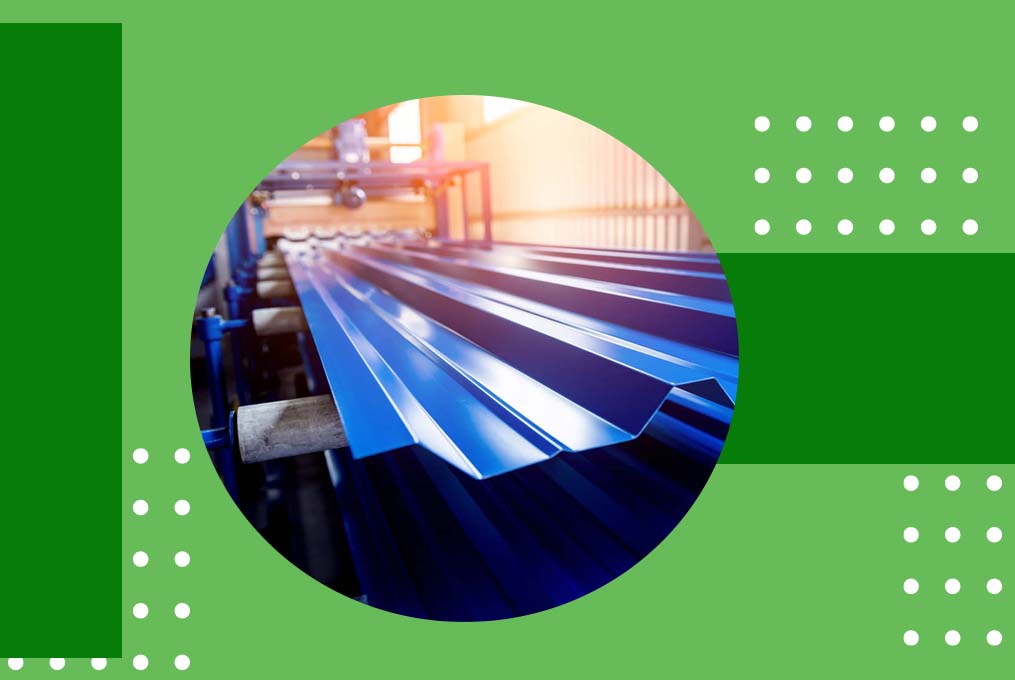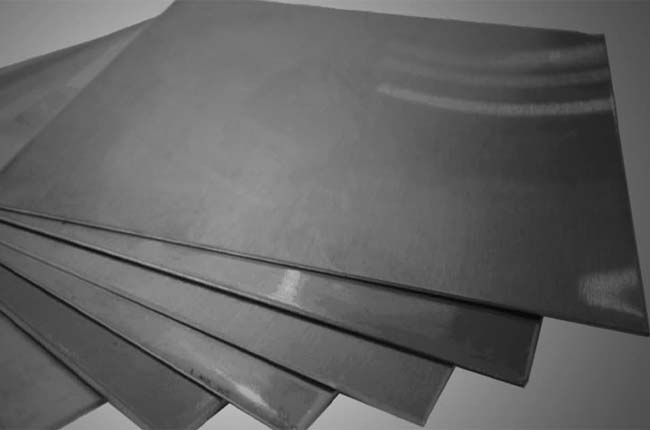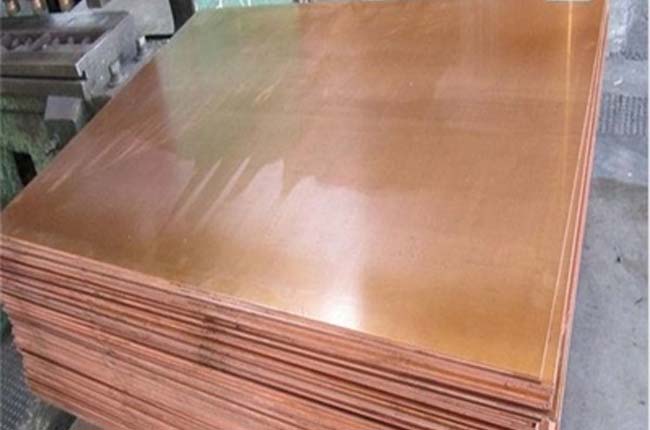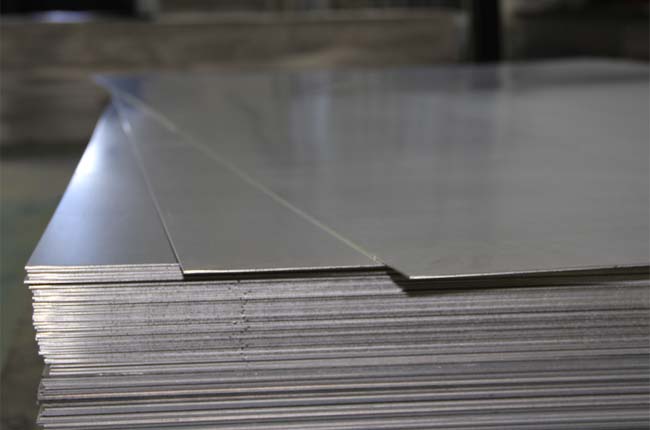A Deep Dive into the Properties of Different Sheet Metal Materials

Sheet metal is everywhere around us, from the roofs of our houses to the bodies of our cars. But did you know that not all sheet metals are created equal? Each type of sheet metal has its own unique properties that make it suitable for specific applications. Let's take a closer look at some of the most common sheet metal materials and their properties.
Steel

Steel is one of the most popular sheet metal materials due to its strength and versatility. It comes in various grades, each offering different properties. For example:
Mild Steel: This is the most common type of steel sheet. It's relatively inexpensive and easy to form, making it suitable for a wide range of applications, from automotive to construction.
Galvanized Steel: Steel coated with a layer of zinc to prevent corrosion. It's commonly used in outdoor applications where exposure to the elements is a concern.
Stainless Steel: Known for its resistance to corrosion and staining. The pharma industry relies on stainless steel, particularly grades like 304 and 316, for its corrosion resistance, ease of cleaning, and ability to withstand frequent sterilization processes.
Carbon Steel: Valued for its durability and strength, carbon steel is used in the manufacture of construction equipment and machinery.
Ultra-High Purity (UHP) Materials: Materials like UHP stainless steel are used in semiconductor manufacturing for their ability to prevent contamination during the fabrication of delicate semiconductor components.
316L Stainless Steel: Known for its excellent corrosion resistance and biocompatibility, 316L stainless steel is widely used in medical devices and implants.
Aluminum
Aluminum is lightweight and corrosion-resistant, making it a popular choice for various industries. Some key properties of aluminum sheet metal include:
High Strength-to-Weight Ratio: Aluminum is much lighter than steel, yet still offers good strength. This makes it suitable for applications where weight is a concern, such as aerospace or automotive manufacturing.
Corrosion Resistance: Unlike steel, aluminum does not rust. This property makes it ideal for outdoor applications or in environments where exposure to moisture is common.
Good Conductor of Heat and Electricity: Aluminum is an excellent conductor of both heat and electricity, making it suitable for applications such as heat exchangers or electrical enclosures.
Aluminum Alloys: Due to their light weight and resistance to corrosion, aluminum alloys are used extensively in the bodies of trains and buses to improve fuel efficiency and reduce maintenance costs.
Copper

Copper has been used for centuries due to its excellent electrical conductivity and malleability. Some key properties of copper sheet metal include:
Excellent Electrical Conductivity: Copper is one of the best conductors of electricity, making it ideal for electrical wiring and components.
High Ductility: Copper can be easily formed into various shapes without losing its strength, making it suitable for intricate designs or decorative elements.
Corrosion Resistance: While copper can tarnish over time, it is highly resistant to corrosion, making it suitable for outdoor applications or roofing.
Brass
Brass is an alloy of copper and zinc, offering a unique combination of properties from both metals. Some key properties of brass sheet metal include:
Attractive Appearance: Brass has a warm, golden color that gives it a distinctive appearance. It's often used in decorative applications or for architectural elements.
Corrosion Resistance: Like copper, brass is highly resistant to corrosion, making it suitable for outdoor applications or marine environments.
Low Friction: Brass has low friction, making it suitable for applications requiring smooth movement, such as hinges or locks.
Titanium

Titanium is a remarkable metal known for its unique combination of properties, making it highly valuable in various high-performance applications. Here are some key properties of titanium:
High Strength-to-Weight Ratio: Titanium is exceptionally strong yet lightweight. This makes it an ideal material for aerospace, automotive, and sporting goods applications where strength is critical, but weight savings are essential.
Corrosion Resistance: Titanium exhibits excellent resistance to corrosion in a wide range of environments, including seawater, chlorine, and acidic environments. This makes it suitable for marine, chemical processing, and medical applications.
Biocompatibility: Titanium is biocompatible, meaning it is non-toxic and not rejected by the human body.
Conclusion
The choice of sheet metal material depends on the specific requirements of the application. Whether you need strength, corrosion resistance, or electrical conductivity, there's a sheet metal material out there to meet your needs.
Understanding the properties of each material can help you make the right choice for your project.